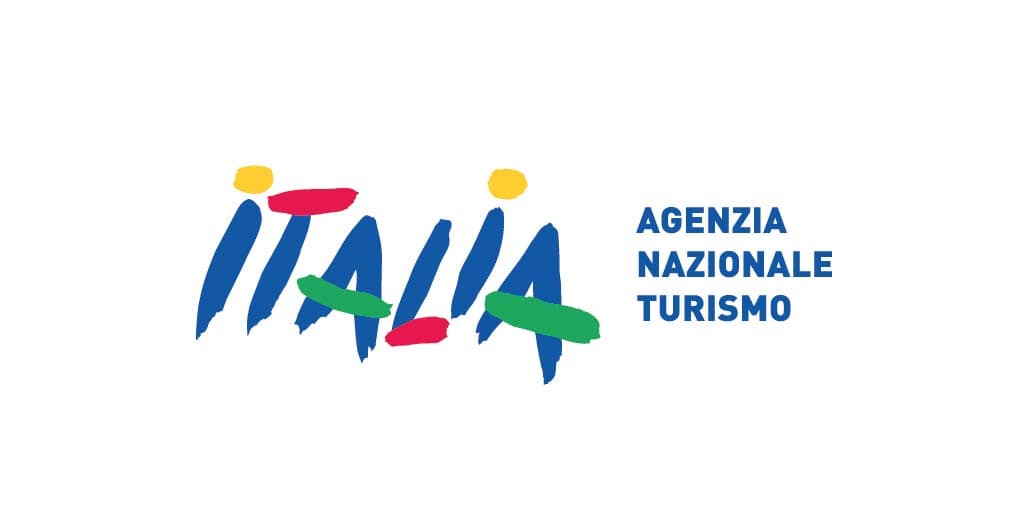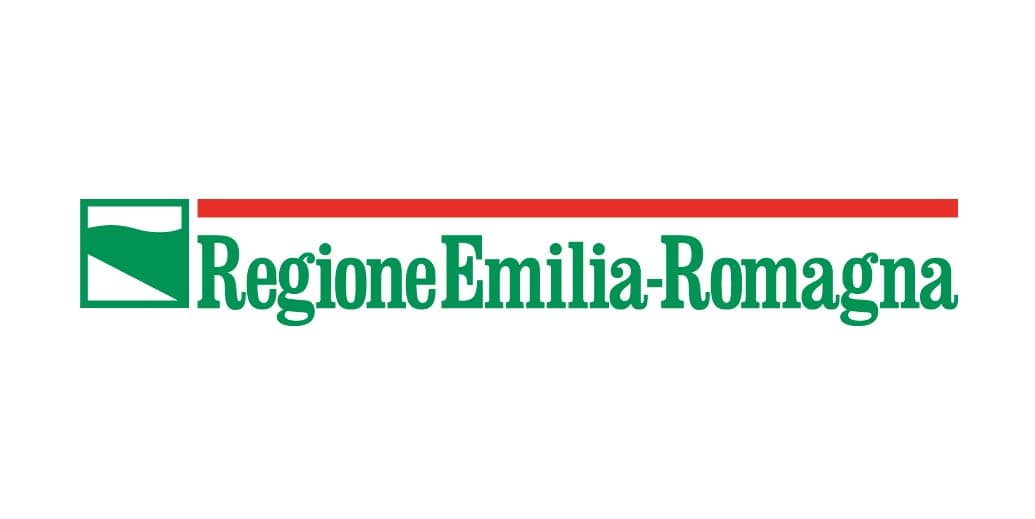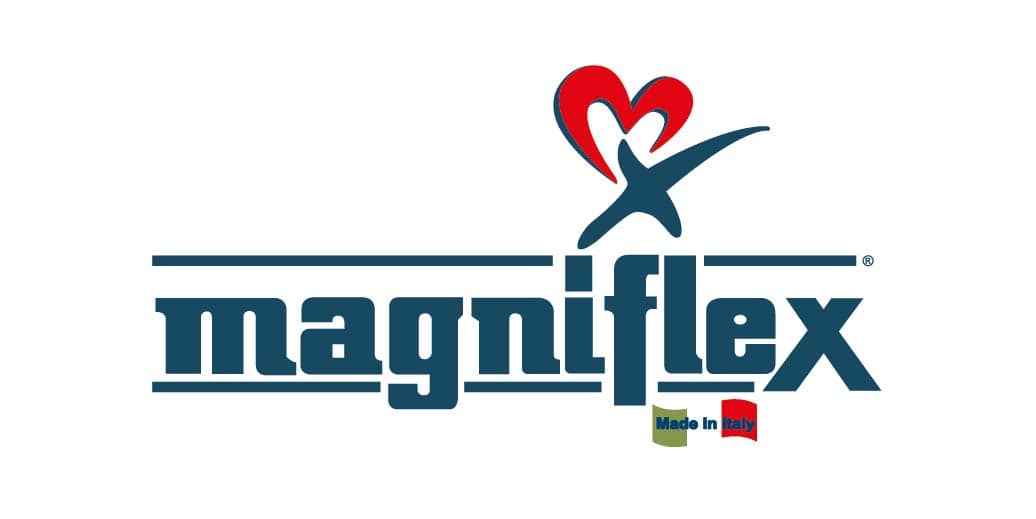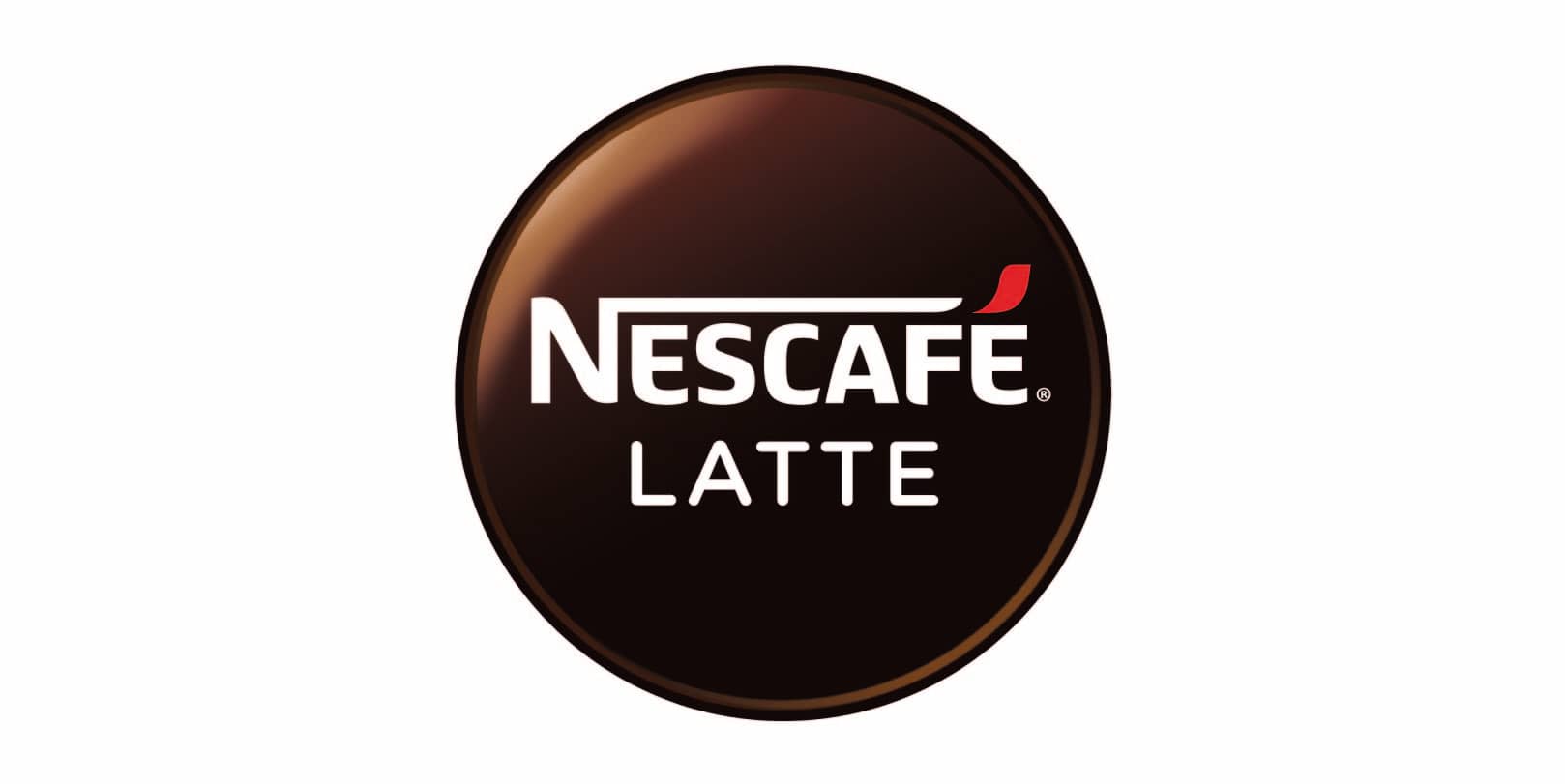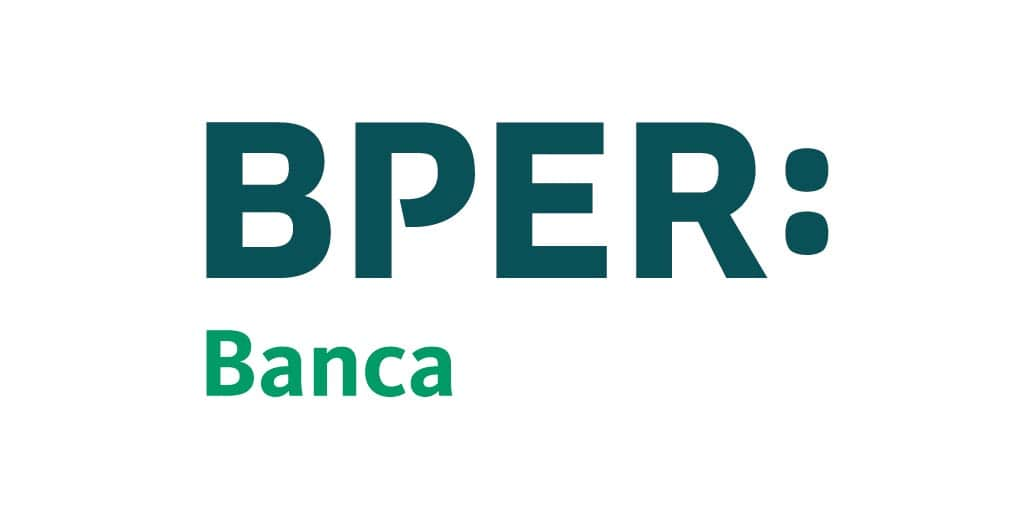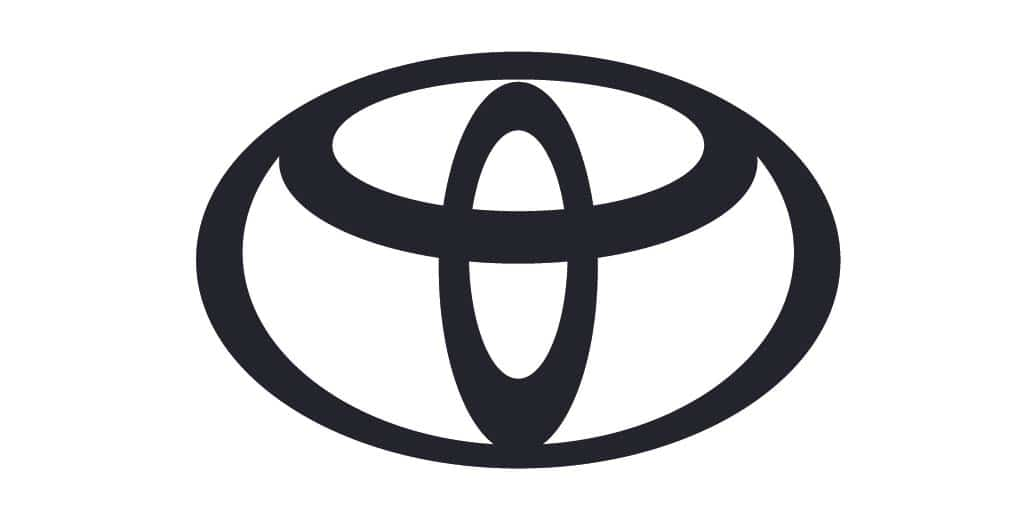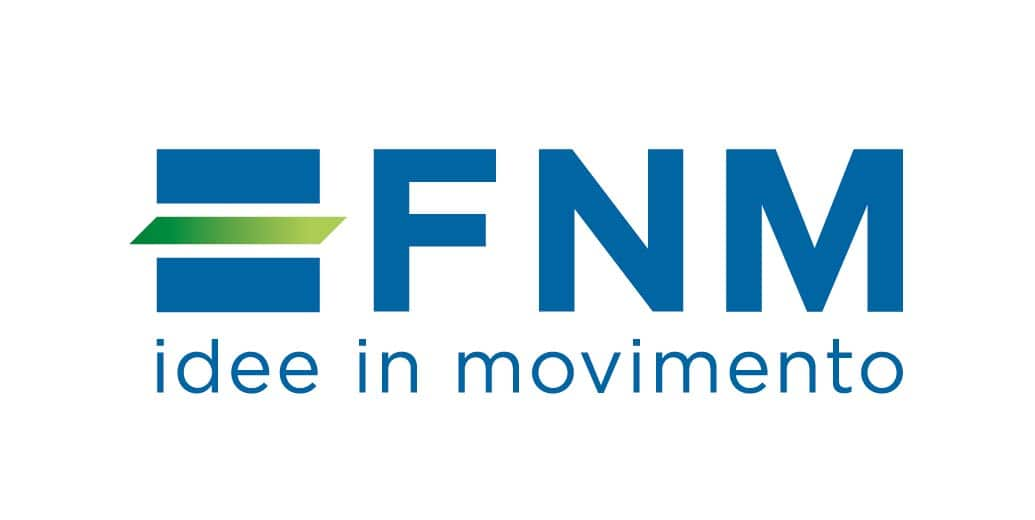The FIVB has today announced that the city of Rimini, Emilia-Romagna, Italy will host the women’s and men’s Volleyball Nations League (VNL) 2021 in a secure bubble to ensure athletes are able to compete safely and bring live volleyball action to millions of fans worldwide.
VNL 2021
Italy to host VNL 2021 in secure bubble
Competition format and schedule also announced
Published 02:00, 12 Mar 2021
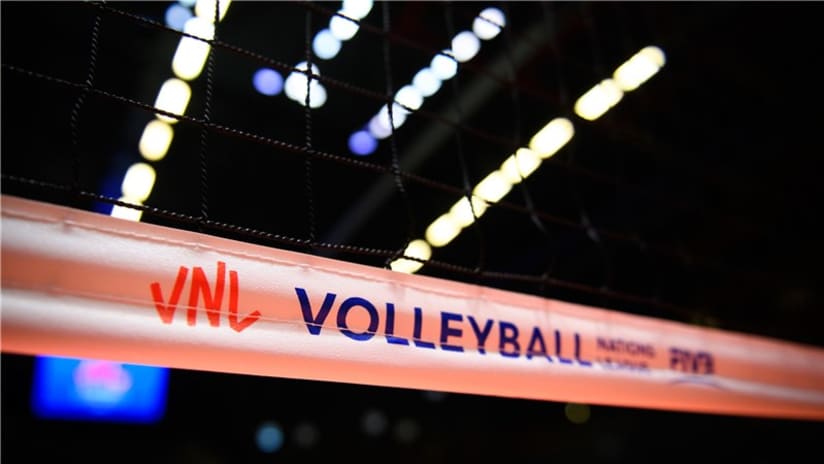
The secure bubble concept was approved by the VNL Council in January, and will see the world’s top women’s and men’s volleyball nations be accommodated and compete in a single secure bubble for the duration of the event.
Teams will compete in a round robin format with a total of 15 matches per team between 25 May and 20 June for the women’s event and 28 May to 23 June for the men’s event. The top four teams per gender, rather than the usual six, will then proceed to the VNL Finals to compete for the ultimate title of VNL champions.
The women’s semifinals and finals will be held on 24 and 25 June respectively, and the men’s matches will be played on 26 and 27 June. Over the course of 31/32 days, 124 top-level volleyball matches per gender will be played within the secure bubble, with the health and wellbeing of all involved the top priority.
More than 6 countries expressed an interest in hosting the flagship VNL event in an open bidding process. All applications received were then evaluated with the facilities, event hosting experience and security capacity to host a safe and secure event as the primary considerations.
Following this evaluation, it was decided that Italy and RCS Sports and Events, a sports and media company with over 30 years’ experience in managing world-class sporting events such as the Giro d'Italia cycling race, Milan Marathon and Abu Dhabi Marathon, will organise the women’s and men’s VNL 2021 in a secure bubble.
The latest COVID-19 countermeasures will be implemented to significantly reduce the risk of virus transmission, including frequent testing, strict health and hygiene measures and an array of risk mitigation protocols.




